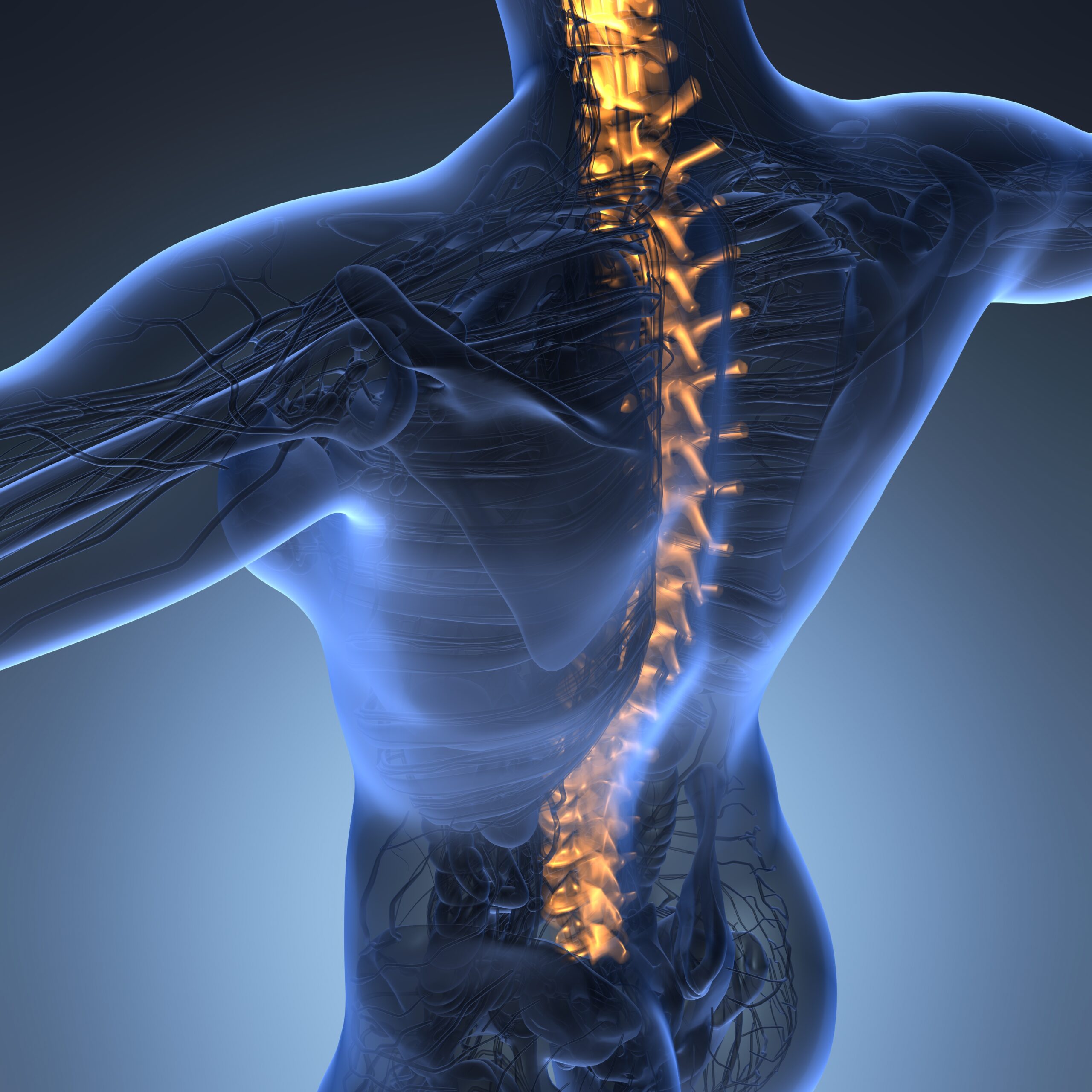Dear readers
I am delighted to take on the mantle of Editor-in-Chief for touchREVIEWS in RMD and am grateful to have this opportunity to share some details of my background and my passion for great medical education with you.
My first job after leaving school was to work (very briefly) for an estate agent in London – I was a student on a gap year before starting medical school at the University of Cambridge. The estate agent in question was taking on temporary student labour for a quinquennial measurement of floor areas of various properties in central London. It was quite an eye-opener! At Cambridge, as part of my pre-clinical medical course, I read physiology in the Natural Sciences Tripos before moving on to read clinical medicine at the University of Oxford. At no time in my happy three years in Oxford as a clinical student did I envisage that one day I might return to the university to occupy an endowed chair in musculoskeletal sciences, a position that I have held since 2011. After training in general professional medicine following graduation, I embarked on a career in rheumatology and undertook a PhD from London University at the Kennedy Institute of Rheumatology in mechanisms sustaining inflammatory joint disease. Concurrently, I became involved in the seminal trials of biologic tumour necrosis factor (TNF) inhibition in rheumatoid arthritis. Since that time, I have been involved in clinical trial design and international leadership in numerous studies of biologic and small molecular therapies in rheumatoid and other forms of inflammatory arthritis. Prior to assuming my current position at the University of Oxford, I was Professor of Experimental Rheumatology at the Kennedy Institute of Rheumatology Division, Imperial College London. My specialist clinical interests are in inflammatory arthritis, and my research interests are in clinical trials and related experimental medicine studies in which targeted therapies are employed as probes of pathogenesis to investigate the in vivo biology of the target in the pathobiology of disease.
The discovery and validation of TNF as a therapeutic target in rheumatoid arthritis and other rheumatic and musculoskeletal diseases (RMD) heralded the beginning of an era of unprecedented advances in rheumatology. New discoveries with respect to the pathobiological basis of disease continue at a pace, often accompanied by clinical trial programmes designed to translate these discoveries into therapeutic advances. With an ever-expanding therapeutic armamentarium, we are learning how to employ therapeutics to best advantage for the wellbeing of people living with RMD.
However, the speed of contemporary advances and the potential in today’s world for information overload presents a challenge for the physician wishing to keep up-to-date and to integrate new knowledge into routine care. With these considerations in mind, I am excited to invite you all to share in the journey of touchREVIEWS in RMD, a free-to-access journal that is designed to speak to the educational and academic needs of the audience by means of a rich web format, including multimedia content disseminating key concise, topical and relevant information. Articles are peer-reviewed and promptly published, delivering state-of-the-art information in a format that is both accessible and readily assimilated so as to be of significant value to clinicians and others with an interest in rheumatology, whether in clinical practice or in academia. Throughout this new adventure that we embark on together, the overarching goal is to benefit and enhance the wellbeing of people living with RMD.
We welcome you to submit your reviews, original research and editorials to touchREVIEWS in RMD. We also encourage you to engage with our active commissioning programme. Dedicated to the publication of timely and comprehensive review articles, the scheme selects key topics in the field of rheumatic and musculoskeletal diseases for submission. If you would like to be involved in a publication or alternatively, have a proposal you would like us to consider, we are always keen to hear from you.
Peter C Taylor
Botnar Research Centre, Nuffield Department of Orthopaedics, Rheumatology and Musculoskeletal Sciences, University of Oxford, Oxford, UK
*********************
Peter C Taylor
Peter C Taylor holds the Norman Collison chair of musculoskeletal sciences at the University of Oxford and is a Fellow of St. Peter’s College. He is Head of Clinical Sciences at the Botnar Research Centre within the Nuffield Department of Orthopaedics, Rheumatology and Musculoskeletal Sciences. He studied pre-clinical medical sciences at Gonville and Caius College at the University of Cambridge and his first degree was in Physiology. He subsequently studied clinical medicine at the University of Oxford and was awarded a PhD degree from the University of London for research on pathogenesis of arthritis. Professor Taylor has specialist clinical interests in inflammatory arthritis. He has over 25 years’ experience in clinical trial design in studies of biologic and small molecular therapies in rheumatoid arthritis and ankylosing spondylitis. In experimental medicine studies, Professor Taylor employs targeted therapies as probes of pathogenesis to investigate the in vivo biology of the target in the pathobiology of the disease phenotype under investigation.







